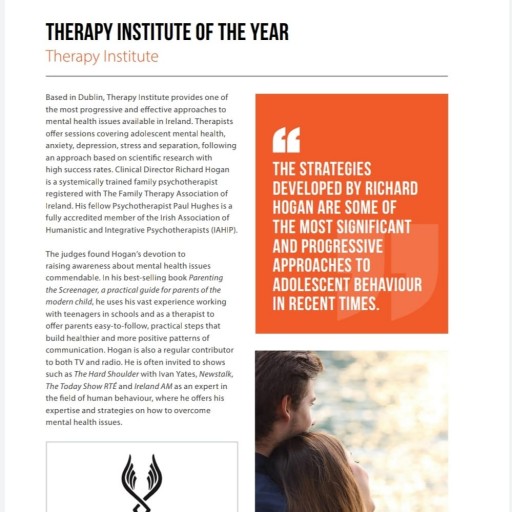Our society really isn’t seeking equality. It is a society that is seeking equality as long as your notion of equality is the same as mine, writes Richard Hogan.
NOTHING has polarised our society so much in recent times as the abortion debate.
It is an issue that I find very unsettling. And some would say I have no right speaking about it in the first place, because I am a man and I am not directly impacted by the discussion.
And, my body isn’t being controlled by the State. And they have a point. But I also think we all have a voice in such a conversation, and, for democracy to work, we must allow everyone to voice their concerns, free from attack or ridicule.
What has struck me about this debate is how people associate with each side of the argument. How you vote will somehow nail to the mast the kind of person you are.
If you are on the yes side, you are progressive and compassionate and you think those on the no side are a throwback to the old dogma of the Catholic Church and are not welcome in this new Ireland. And if you are on the no side, you are protecting the voice of the most vulnerable and are preventing those on the yes side from using abortion as a form of contraception.
But nothing is that simple, especially not in this debate. And to reduce it to this linear way of thinking does the women of this island a disservice. And it only illuminates the lack of insight and intellect permeating some of those who are championing both sides of the argument.
We must be able to conduct ourselves appropriately during this difficult debate. We must be able to debate.
Walking Grafton St last week, I was surrounded by a multitude of “tá” badges. I didn’t see one “níl” badge on my journey. I couldn’t help but ask myself: Why is that?
The only, rather impecunious logic I could arrive at was that our society really isn’t seeking equality. It is a society that is seeking equality as long as your notion of equality is the same as mine.
And that’s not equality at all, nor is it the type of Ireland I want to live in. We need to wake up to ourselves. For this to be a learning moment for all of us, we need to be able to have those difficult discussions without disparaging name-calling and without hurling abuse at each other. What would have happened to a person who was daring enough to wear a “nìl” badge? Would they have been able to move freely without incident? I hope so, but I’m not sure.
How we conduct ourselves in this debate will have ramifications for our children and for generations to come.
Something I often talk about in this column is how parents must model the behaviour they want their children to exhibit. In this difficult debate, we must show our children how we conduct ourselves in a conversation, when the interlocutor is not the echo chamber of our thoughts.
When did we find it so hard to accept that people have different views to our own?
And when did we become so easily offended? When you replace what you cannot say with what you must say, you have the same outcome. It’s still censorship.
People must feel free to express what it is they are feeling — that’s how we know we have a healthy society, one that truly celebrates equality. Not just equality for some.
We must show our children how we respect each other, even though we do not agree with each other.
Are we the kind of people who cut down the thoughts of the opposing side and are we the kind of people who twist statistics to fit our biased narrative?
Or, are we able to carry ourselves in a dignified and intellectual way and allow for the voices of all concerned to have a platform and to speak to those voices in a respectful way?
We have a duty and a responsibility, as adults, to the children of this country, to show them how we treat each other, even when our values are diametrically opposed to the beliefs and values of someone else.
Historically, we have obliterated those whom we disagree with. Let us not carry that forward into this new Ireland.
So, whatever the outcome is on the May 25, perhaps it is an opportunity to show our children the type of country we want to live in.
I’m reminded of that quote from Evelyn Beatrice Hall: “I disapprove of what you say, but I will defend to the death your right to say it.”




Equal treatment is at the heart of a healthy society
It’s time we stand up for how women are treated in society, writes Richard ...
Read more